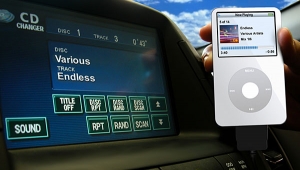| Columns Retired Columns & Blogs |
The problem is that both sides are right. There are very good cables out there that really do make a significant difference. The are also very high-priced cables that are actually worse than the cheap cables included with every consumer audio product. Most blind listening tests are poorly designed and so are no help.


























